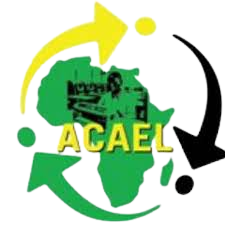COUNCIL FOR ACCREDITATION OF EXPERIENTIAL LEARNING
 CAEL
CAEL
CAEL
What is APEL
Accreditation of Prior Experiential Learning is a process that enables people of all ages, backgrounds and attitudes to receive formal recognition for skills and knowledge they already possess’ (Simosko, 1991). A person’s learning and experience can be formally recognised and taken into account to:
- gain entry to further or higher education courses
- give exemption from certain parts of a new course of study
- qualify for an award in an appropriate subject in further or higher education
Frustrated by education setups these people usually drop out of the mainstream education and begin to make a living through non-formal engagements. They would get into mechanics, small trading, enterprise developments, innovation rubrics e.g ability to repair TVs or radios in the villages without any formal education in electronics
Some of them emerge with amazing success. Some end up being very good business magnets, others create innovations at village level, while others become the most trusted village leaders who would eventually win elections or get appointed by government as chiefs or community level administrators.
The Accreditation of Prior Experiential Learning (APEL)
The terms APL (Accreditation of Prior Learning) and APEL (Accreditation of Prior Experiential Learning) generally describe the same process, but there is a difference in the nature of the evidence provided to support a candidate’s claim for recognition of previous qualifications or experience.
APEL generally refers to incidental prior learning which is un-assessed. Such learning may be gained through unstructured experiences, arising from leisure pursuits, family experiences and work. It also includes un-assessed formal training courses. Certificates may or may not be available as evidence that the learning has taken place.